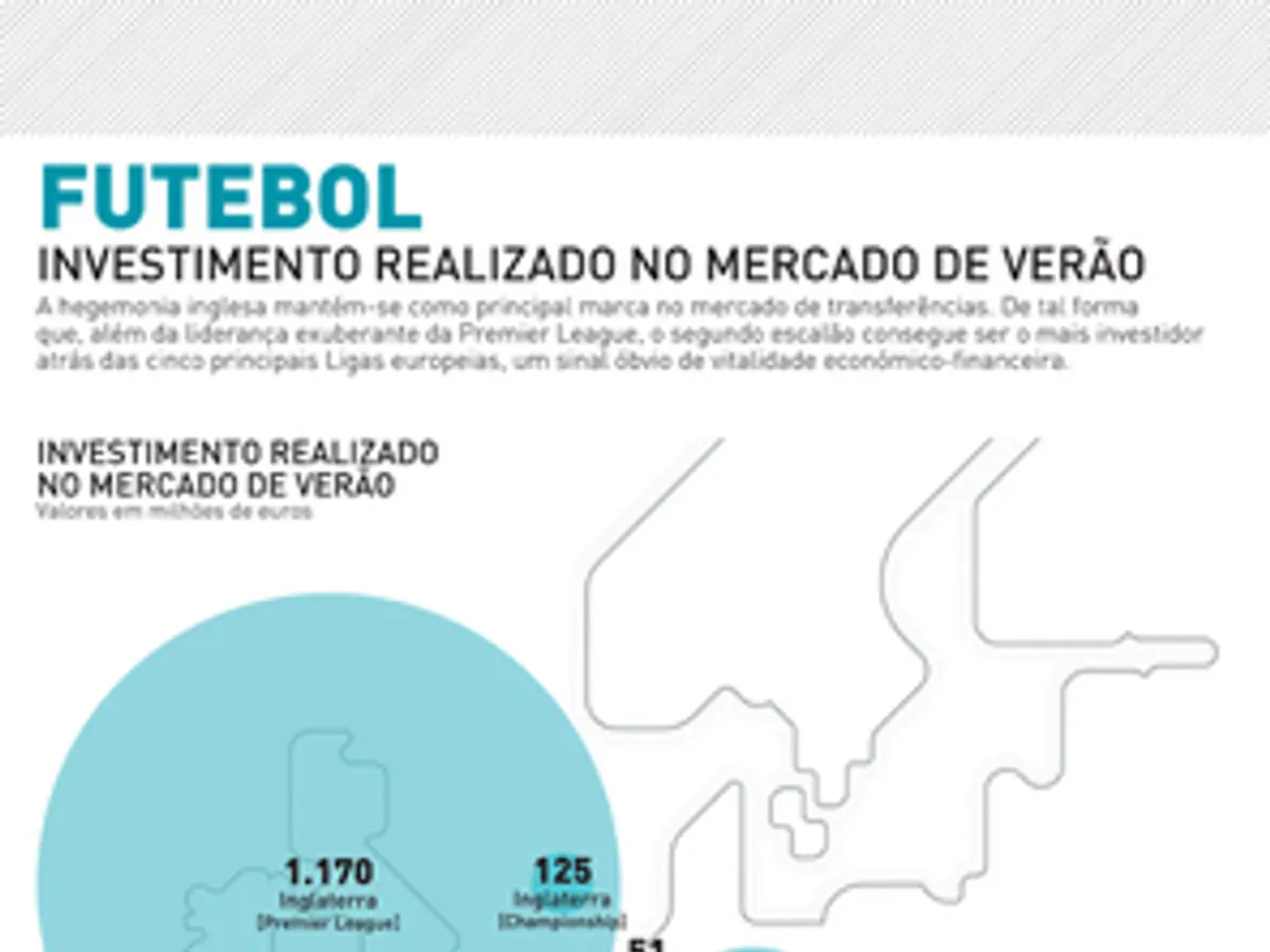UK's Looming Trade Pact with the Gulf - A Win for Car and Finance, But Risks Abound
Potential Agreement on Trade Between U.K. and Gulf States Under Consideration
The UK is on the cusp of inking a trade pact with the Gulf Cooperation Council (GCC), comprising Bahrain, Kuwait, Oman, Qatar, Saudi Arabia, and the United Arab Emirates. News reports suggest the deal could rake in up to £1.6 billion and potentially surge to an additional £8.6 billion annually by 2035.
This trade deal follows a successful trifecta of deals Starmer sealed in May, with the US, EU, and India.
Human Rights on the Line
The Tory administration's push for a similar accord in 2024 was foiled by, you guessed it, an election. Negotiations were tainted by whispers of enabling human rights violations in the Gulf. These concerns persist in current discussions, with Kemi Badenoch, the former Business and Trade Secretary, under fire.
The TUC's general secretary, Paul Nowak, remains steadfast in his opposition to deals with countries that flout human rights and labor laws. Notably, the UK temporarily halted trade talks with Israel.
Other critics, like Tom Wills from the Trade Justice Movement, term the deal a "values-free agreement," prioritizing corporate access over human rights and environmental safeguards.
The Lib Dems, while supportive of the potential economic boost, warn against the pitfalls of the past - avoiding the mistake of undermining British farmers, as the last Conservative administration did. They also flag concerns about the deal's impact on the UK's media landscape.
Lib Dem deputy leader, Daisy Cooper, hinted at the worry of foreign investors buying stakes in British newspapers, with the UAE reportedly eyeing a 15% portion of the Telegraph.
Chancellor Rachel Reeves hinted towards the Gulf as the next target for a trade deal.
Enrichment Insights:
1. Value Projection: The trade agreement could generate £1.6 billion initially and potentially boost trade to an extra £8.6 billion per year by 20356.
2. Sectoral Benefits: The car and financial services sectors stand to gain significantly from the potential deal6.
3. Human Rights Concerns: GCC countries have been accused of numerous human rights violations, prompting calls for legally binding commitments to improve labor and human rights conditions within the trade agreement6.
4. Media Ownership Concerns: There are unease and apprehensions regarding potential foreign media ownership stakes in British newspapers as part of the deal7.
5. Farmer Concerns: Critics worry that the deal could harm British farmers, especially in the context of chicken imports6.
- The UK's proposed trade pact with the Gulf Cooperation Council could generate an initial £1.6 billion and potentially raise annual trade to £8.6 billion by 2035, focusing on sectors like car and finance.
- The trade deal poses concerns over human rights violations and labor laws in Gulf countries, with critics like Paul Nowak (TUC's general secretary) advocating for only engaging with countries adhering to these principles.
- Some critics, such as Tom Wills from the Trade Justice Movement and Daisy Cooper from the Lib Dems, criticized the agreement as a "values-free" pact that could lead to foreign investments in British media outlets, potentially compromising Britain's media landscape.




